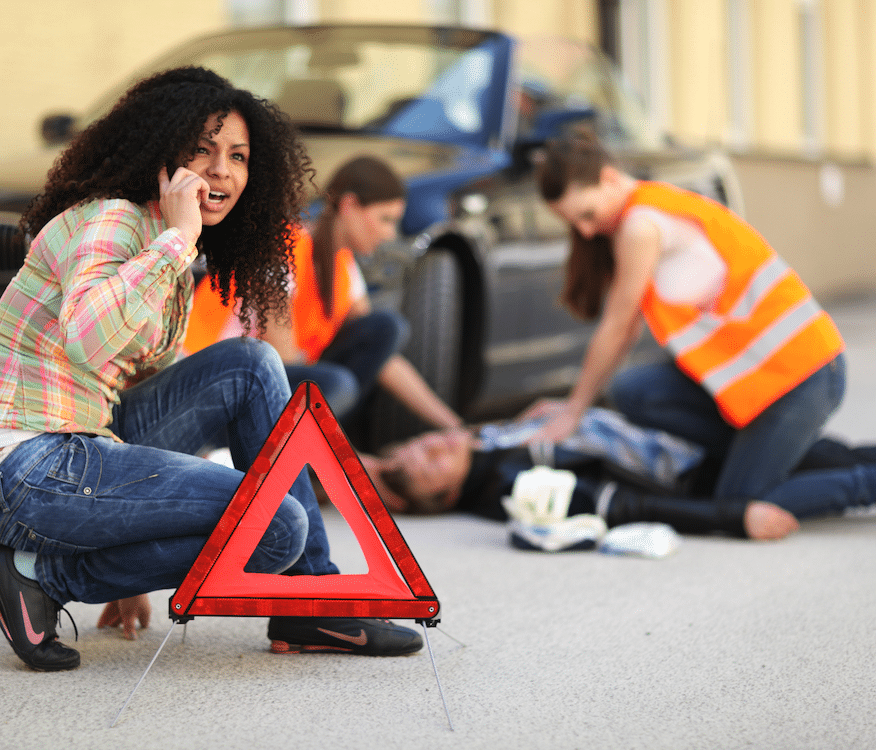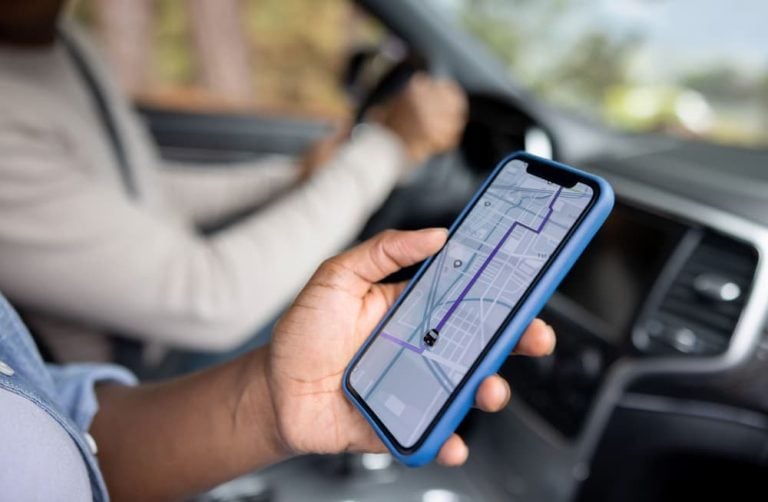 In Colorado, if you aren’t a licensed medical professional, the answer is…yes.
In Colorado, if you aren’t a licensed medical professional, the answer is…yes.
Each year many people face lawsuits after trying to help an accident victim by offering assistance at the scene. While most people have a natural instinct to help an injured person, the victim may sue the well-intentioned helper if the he or she suffers additional injuries in the process.
The Good Samaritan Law
To encourage people to offer assistance to those in dire need, all 50 states plus the District of Columbia each have some type of Good Samaritan law, designed to protect volunteers who step in and render emergency aid to those who are injured or in danger.
While Good Samaritan laws vary by jurisdiction, they generally afford protection to those who, in good faith, render emergency aid to a victim at the scene of an accident. The purpose of these laws is to provide basic legal protection from liability when unintended consequences result from the assistance.
However, not every state affords the same protections. For example, Colorado’s Good Samaritan law only extends protection to licensed medical professionals who voluntarily assist in an emergency situation. If a person without proper medical training attempts to help an accident victim in Colorado and injures the person further, the helper can be held liable for any additional injuries.
In Colorado, it is primarily doctors, nurses, surgeons, EMTs, paramedics and other licensed medical professionals who are afforded the greatest protection under the state’s Good Samaritan law. Ordinary citizens without specialized training (like a registered CPR course) in rendering medical assistance in an emergency can be held liable if their actions cause significant additional injuries.
While the urge to help is natural, it is prudent to understand the scope of potential liability when deciding to render assistance in the immediate aftermath of an accident.
How Can I Help?
If you do not have specialized training, there are still ways you can help in this situation.
The most important thing is not to put yourself in danger. One of the primary lessons taught in any CPR certification course is to always assess the scene for danger or potential harm before you do anything else. Your safety comes first. You can’t help anyone if you become injured, as well.
- If you are pulled over on a busy thoroughfare, you shouldn’t exit your vehicle unless you are certain it is safe with current traffic.
- Call 911. Alerting the authorities so that emergency services are dispatched to give proper aid is paramount. These are the professionals and the sooner they arrive on the scene, the better. Make sure that you give clear and accurate information to the 911 operator.
- Start to mentally access the events as you remember them. If you are able to write down this information, it will help later when you are asked to give your account.
- When the police arrive, give them your contact information. They might ask you for a statement, regarding what you witnessed.
Protecting yourself and offering appropriate aid is always the right thing to do. Stay tuned for tips on how to stay safe if you face car trouble on a busy road/freeway.



